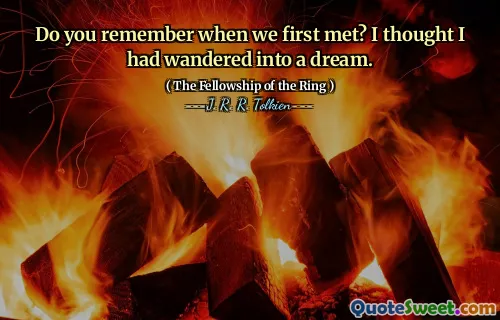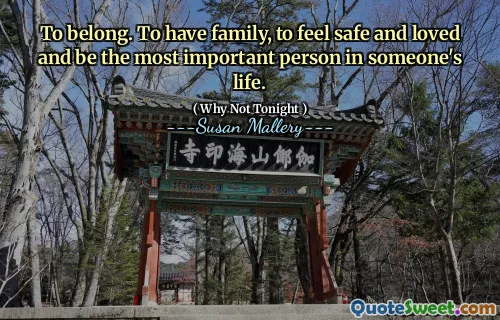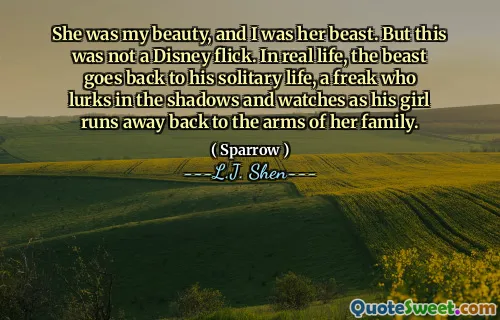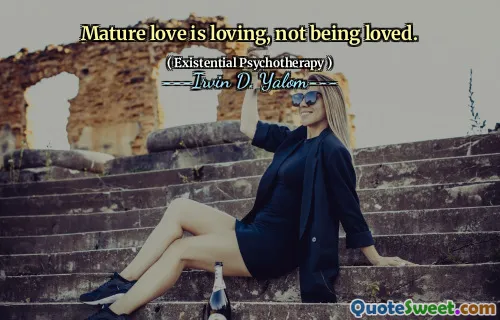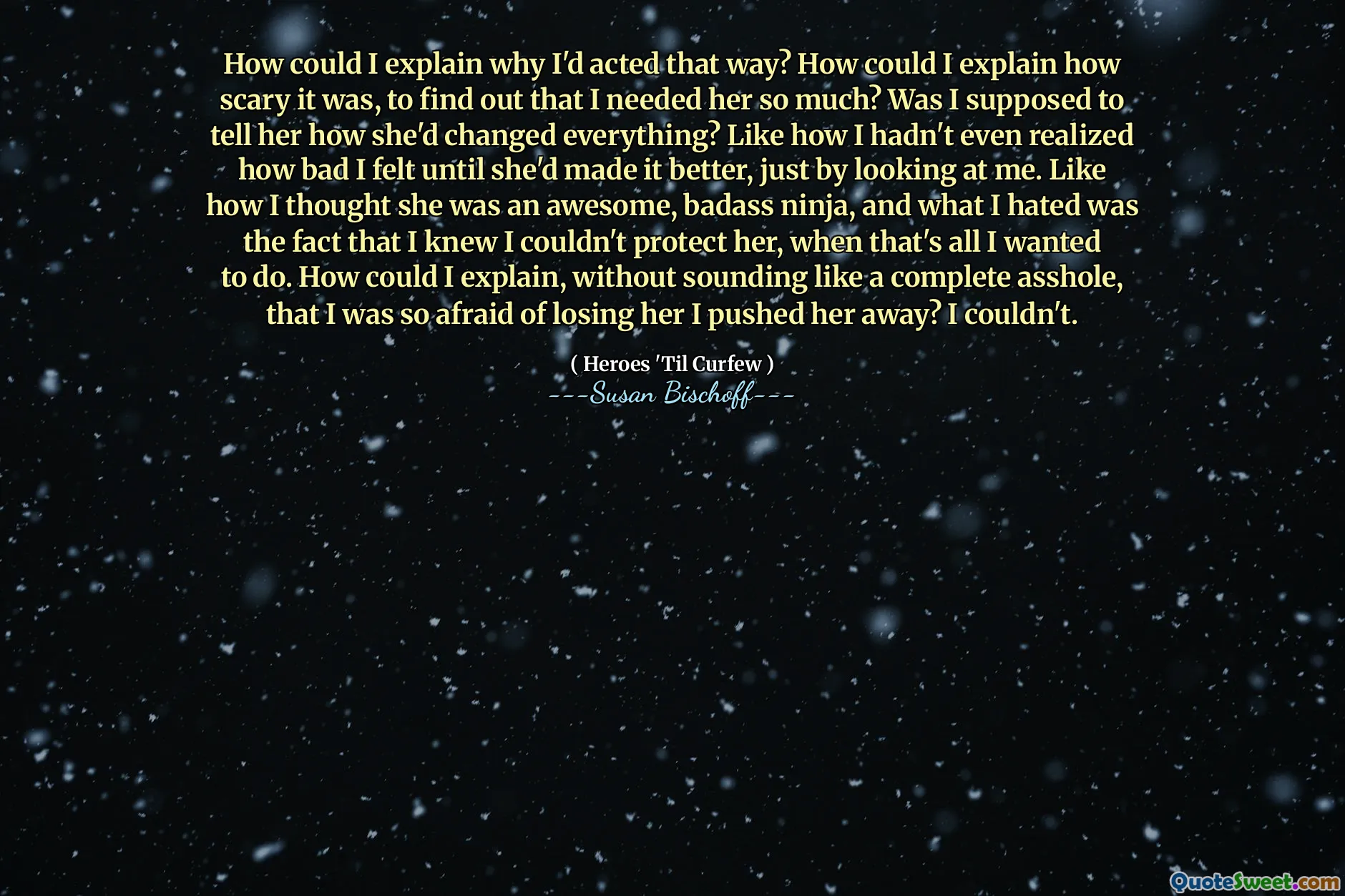
How could I explain why I'd acted that way? How could I explain how scary it was, to find out that I needed her so much? Was I supposed to tell her how she'd changed everything? Like how I hadn't even realized how bad I felt until she'd made it better, just by looking at me. Like how I thought she was an awesome, badass ninja, and what I hated was the fact that I knew I couldn't protect her, when that's all I wanted to do. How could I explain, without sounding like a complete asshole, that I was so afraid of losing her I pushed her away? I couldn't.
This quote poignantly captures the complex emotional landscape of vulnerability and fear in a close relationship. It vividly illustrates how people often struggle to articulate feelings of dependence and anxiety, especially when those feelings threaten their self-image or societal expectations. The speaker's internal conflict reveals that beneath a facade of strength or composure lies a genuine fear of loss—so intense that it leads to behaviors contrary to their desires, such as pushing loved ones away. The metaphor of someone being a 'badass ninja' highlights admiration and respect but also emphasizes a sense of helplessness, as the very qualities that inspire awe seem to emphasize a divide the speaker feels unable to bridge. The recognition of only realizing the depth of their feelings after 'she made it better' underscores the often unrecognized power of connection and empathy. It reminds us that vulnerability is universal and that expressing true feelings requires courage—a courage that sometimes feels impossible to summon, especially when fear of rejection or loss is involved. The quote speaks to the universal human experience of fearing inadequacy even in moments of profound caring and the difficulty of revealing one's deepest fears without risking misunderstanding or harm. It invites reflection on how crucial honesty and openness are, but also how challenging they can be when faced with the potential consequences of sharing our genuine selves.


